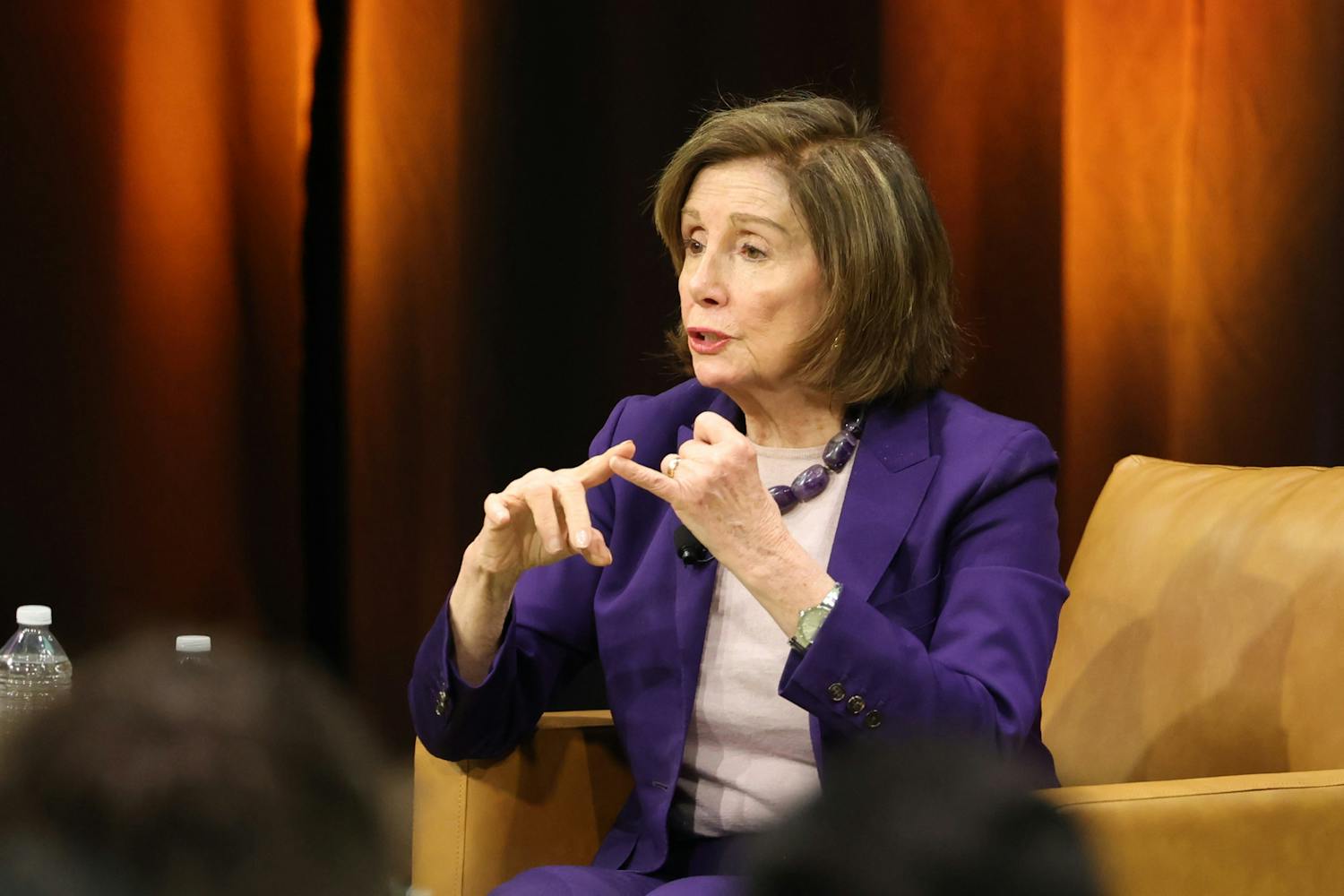2012 is an exciting election year full of several colorful and diverse candidates. Have you figured out whom you are voting for? If none of the presidential hopefuls look appealing, have you considered not voting?
The idea of voting gets engrained into our heads as children. The term that comes to mind with respect to voting: civic duty. While it is easy to interpret this term in a general context, it is important that we question the validity of its relevance. Civic duty is defined as actions and behaviors that better our society. Treating others with respect and looking out for your fellow neighbor fall into this category.
But if our civic duty is to participate in the voting process, what happens when the choices are detrimental? If you vote for "the lesser of two evils," don't you still end up with evil?
It is clear that both Republicans and Democrats are capable of giving great speeches and making us feel hopeful for our political future, but looking back at the last couple of decades shows that their policies haven't been much different from one another. Although the parties may say they are different, the American people are left with the same result.
Robert Nozick, an American political philosopher in the 1970s and 1980s, wrote "The Tale of the Slave,” which goes through a sequence of nine “cases” that illustrate a philosophical point of view. Nozick invites the reader to picture himself as the slave in the story.
In the first case, a slave is subject to his brutal master’s whim, and if often beaten. Yet, the master gradually grants the slave several freedoms as the story progresses through the nine “cases.” Among the liberties given is free time, the ability to form a community with other slaves and choose a place of work. The master has claim on a percentage of what the slave earns and reserves the right to call the slave to his service at any time, as well as increase the percentage of his claim at any time. At the final stage, the slave is allowed to vote on what rules are implemented. Yet, your vote means nothing except in the case of tie. Nozick's question is: At what stage between the small attainments of privileges did this become something other than the tale of a slave?
This brings up the question of the morality of voting. How much of a claim do voters have over your life? Can they take the right of marriage from you? The right to life or property? How about the right to smoke marijuana? Bringing abstract ideas to the practical level helps us see beyond the clichés and assumptions used in political rhetoric.
Who is to blame for the great losses in freedom and the great debt accumulated by this government? Who is to blame when a well-spoken politician promised change only to turn his back on the very people and principles that voted him into office? Who is to blame for the horrible choices we have available for the next leader of our country? The voters. The ones who choose to settle on "well, he seems better than the last guy.”
Reach the columnist at calfaro2@asu.edu
Click here to subscribe to the daily State Press newsletter.



